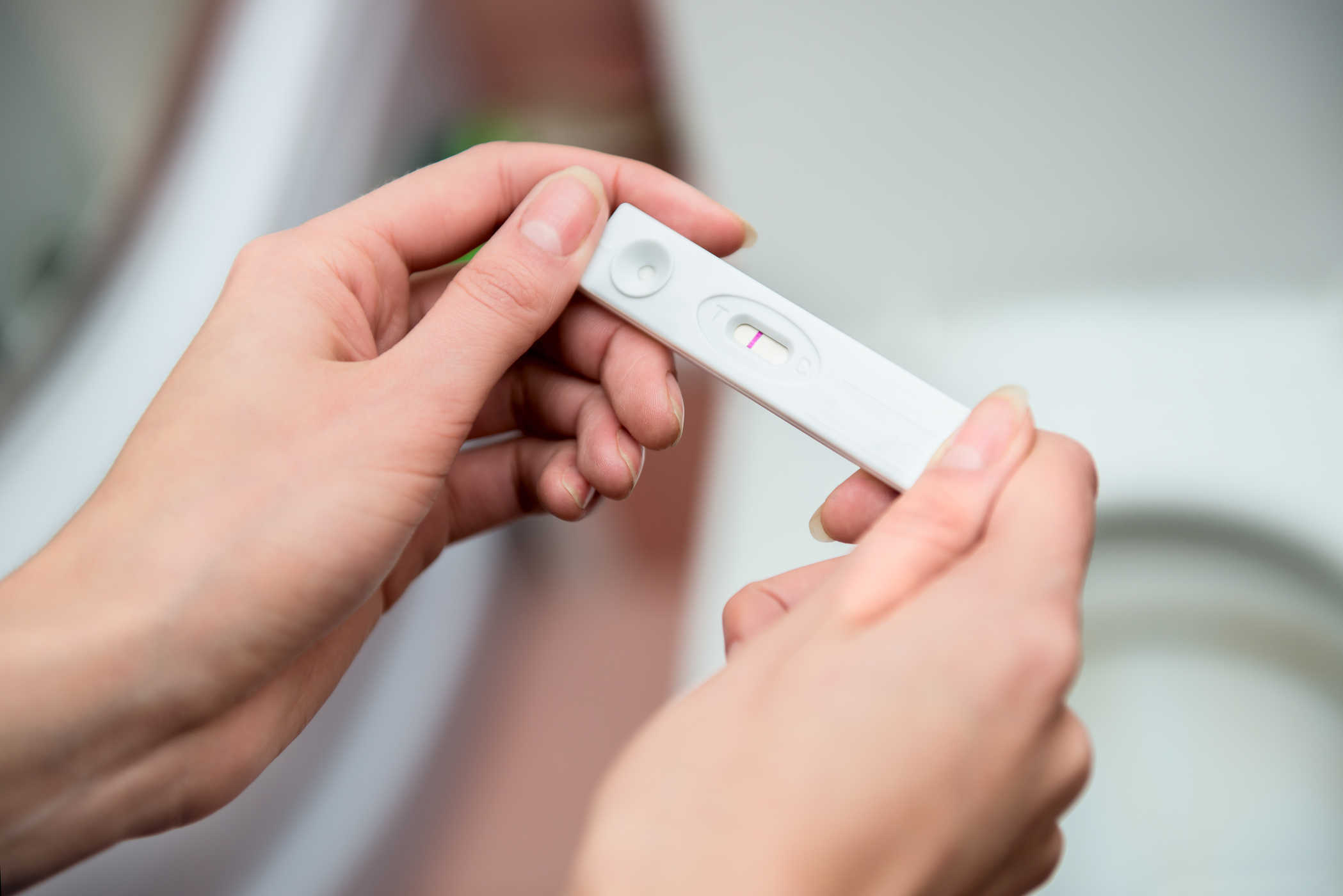Contents:
Medical Video: Women's Health Questions : How to Use the Calendar Method for Birth Control
The calendar system or calendar rhythm method, is a form of natural contraception to prevent pregnancy without the risk of side effects. To use the calendar method, you must track your menstrual history to predict when you will ovulate. This method helps you determine when your biggest opportunity to get pregnant.
"What we know about pregnancy is that there is a narrow and short gap after sex for the egg to be fertilized," said Jennifer A. Shuford, MD, MPH, in applied science at the Medical Institute for Sexual Health, Texas.Everyday Health. According to Shuford, there are certain times throughout the month where it is very unlikely for a woman to get pregnant if she does not ovulate for 5-7 days after sex.
If you are planning a pregnancy, you can use a calendar system to determine the best day to have sex. Vice versa. If you want to prevent pregnancy, you can use the same method to avoid having unprotected sex.
Using a calendar system can be very effective for controlling pregnancy. However, it requires perseverance and careful recording so that results can be accurate. If you want to prevent pregnancy, you and your partner should avoid having sex or using condoms, or other contraceptives, during sex in your fertility days.
But remember, this method can only prevent pregnancy, and in no way protects you and your partner from possible transmission of venereal disease if you don't use a condom.
How do you use the calendar system?
Usually the menstrual cycle is divided into three phases: the initial period of infertility (or pre-ovulatory infertility), the fertile period, and several infertile days before the next period begins again (post-ovulatory infertility). The first day of your monthly menstrual cycle is the first day of the infertility period.
A woman will have a great chance to get pregnant or reach her fertility period during ovulation and just a moment or just before ovulation. Fertility is the body's ability to contain children. Ovulation is a period when the egg is released from its ovary, and occurs generally once a month, around 12-16 days after the first day of menstruation.
When the egg is released, the life span is short. Fertilization time must be done 24-48 hours after ovulation, if you want to get pregnant. However, sperm can remain viable in a woman's body for up to five days after ejaculation. So, if sperm stays in your reproductive tract while waiting for the egg to drop, your chances of getting pregnant will still be there, even if you and your partner have sex a few days before you ovulate.
In many cases, this biological mechanism allows the fertility period to last up to 5-8 days after sex, depending on the characteristics of your partner's sperm, frequency of ejaculation during the fertile period, and various other factors.
The specific days where ovulation occurs will depend on the length of your cycle, which is largely controlled by changes in your body's hormones.
As mentioned, the sperm expiration in the body is five days after ejaculation. Therefore, women will be most fertile when:
- Five days before ovulation
- During the day of ovulation
- 12-24 hours after ovulation
Recognize the signs and symptoms of ovulation
In order for this method to be effective, the main key is knowing exactly when you ovulate. There is an easy way to find out if ovulation will approach:
- Increased body temperature. Check your body temperature every morning, even before getting out of bed, to determine your body temperature changes, which can indicate ovulation. Women who ovulate will usually experience an increase in body temperature by 0.5 degrees Celsius. Measuring body temperature must be done with a basal thermometer that can detect temperature changes to detail. Write and save your notes. Look for differences in the decrease in body temperature before ovulation followed by an increase afterwards. When body temperature rises, ovulation has occurred.
- Check your cervical mucus. Around the ovulation period, your cervical mucus will experience changes in texture and volume. You can easily see and feel this, in the form of clear, wet and elastic liquid from the vagina. If this happens, you are ovulating. If you don't want to get pregnant, avoid having sex at this time.
- Use your calendar. When you know exactly when you ovulate, mark your calendar. Track the pattern to find out if your menstrual cycle and ovulation are regular. If you ovulate regularly, you can prevent pregnancy by not having sex at least five days before and three days after ovulation.
So, when is the best time to have sex without risking getting pregnant?
Easy. To calculate when your menstrual period is safe, first, know when your first day of menstruation last.
To prevent pregnancy with a calendar system, ideally you should understand your menstrual cycle and the biological processes that occur during that time. You should keep records for at least six to 12 months of the menstrual cycle, and must calculate the period of fertility periods that come from short and long cycles. Reporting from HealthLineIf your menstrual cycle ranges from 26-32 days (counted from the first day of the last menstruation to the first day of your next period), the fertile period will occur on days 8 to 19.
Well, when you want to calculate when it is safe to have sex during menstruation, the 1st to 7th day and 21st day of your entire cycle is a safe time to have sex with minimal risk of pregnancy. This method is suitable for women who have regular menstrual cycles, for example a 25-32 day cycle.
With a note, this method will be less effective for those of you who have irregular menstrual cycles or less than 25 days. If you have just had a child, you have to wait for the next six menstrual periods, then you can consider using this method. Preventing pregnancy by the calendar method is not recommended for teens and pre-menopausal women.












